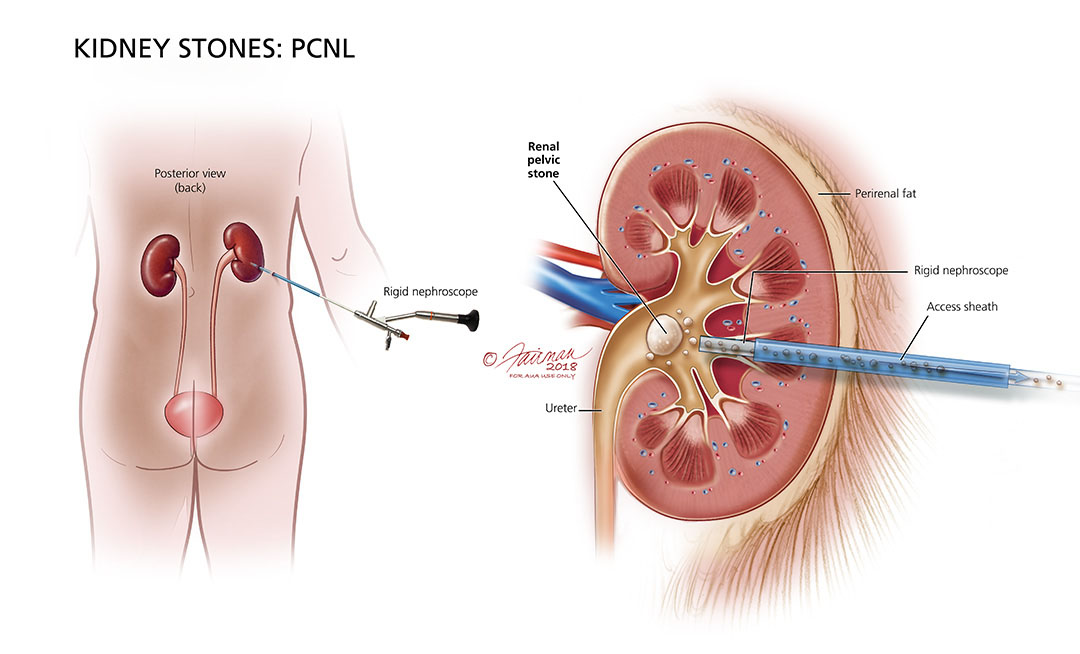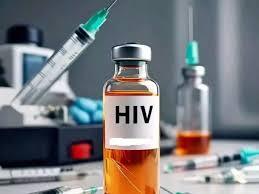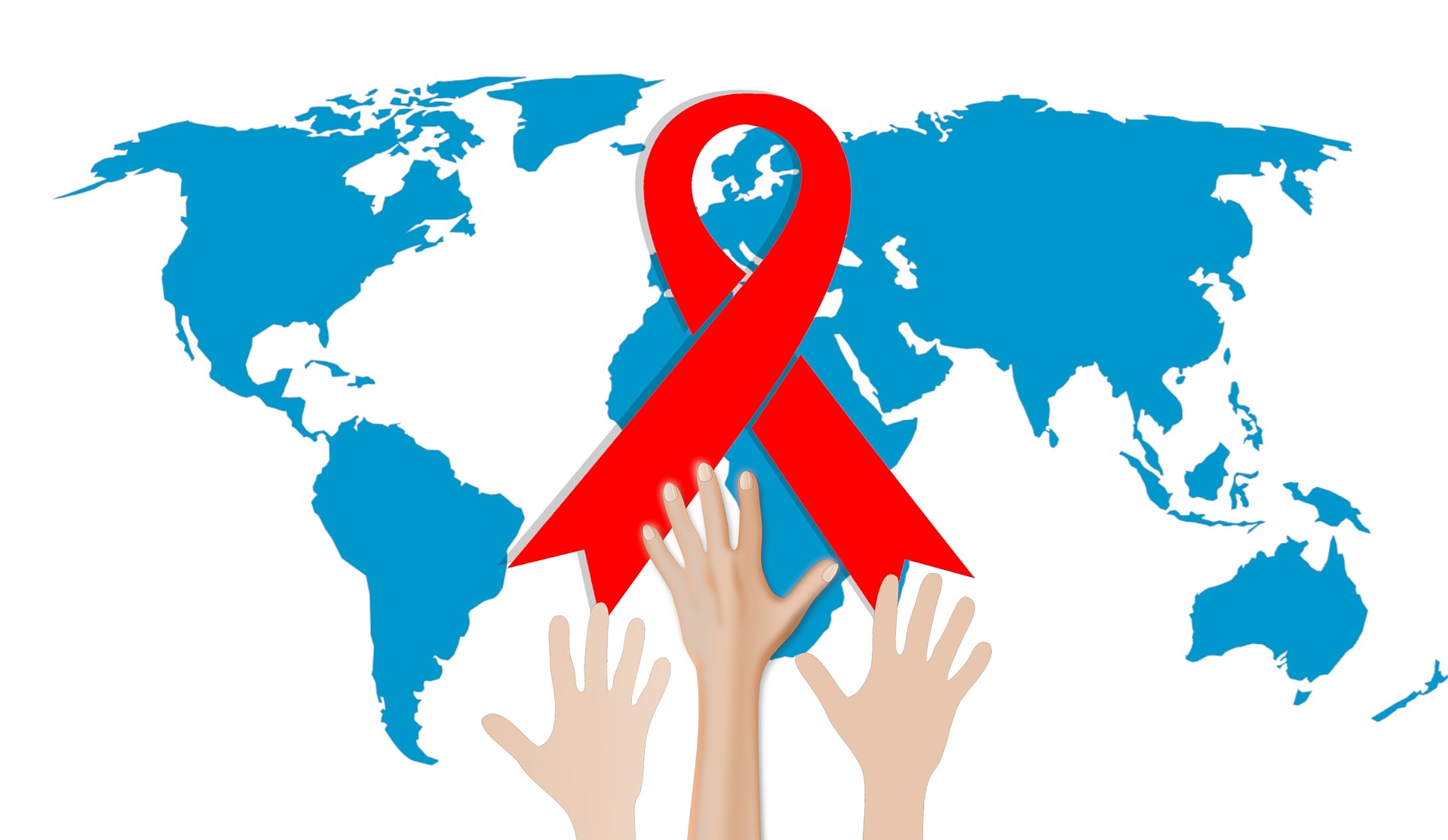A study led by experts from UCLA reveals that full-term infants who have been exposed to maternal COVID-19 infection in mothers’ wombs are three times greater risk of being diagnosed with respiratory distress as compared to unexposed infants. Experts say that the risk is three times higher even though full-term babies exposed to COVID-19 infection are not infected with the pathogen themselves. However, the risk of respiratory issues has been majorly lesser when the mothers infected with COVID-19 disease during pregnancy have been previously immunized. The authors of the study have identified that in-utero exposure to the SARS-CoV-2 virus ignited an inflammatory flow in the infants, elevating the risk of a breathing issue that often occurs among prematurely born babies.
The study showed that strangely high rates of respiratory disorders were seen soon after birth in full-term infants born to mothers who were infected with COVID-19 infection during pregnancy. The findings revealed that 17 percent of the infants examined in the study exposed to the virus before birth were diagnosed with respiratory disorders compared to only 5 to 6 percent of infants among the general population before the COVID-19 epidemic. Respiratory disorder is a chronic and occasionally life-threatening obstacle that can cause hospitalization in intensive care units among infants. Infants with respiratory disorders assessed in the study for six months were ill for 24 days on average. No causality was reported due to respiratory distress during the study.
The authors of the study say that remarkably, COVID-19-vaccinated mothers convened major protection for their babies. Babies whose mothers were vaccinated with at least one dose of an mRNA vaccine were at a 67 percent reduced risk of being diagnosed with severe breathing issues as compared to infants born to unvaccinated mothers. Hence, researchers say that COVID-19 vaccination can provide enough protection to infants in mothers’ wombs.











